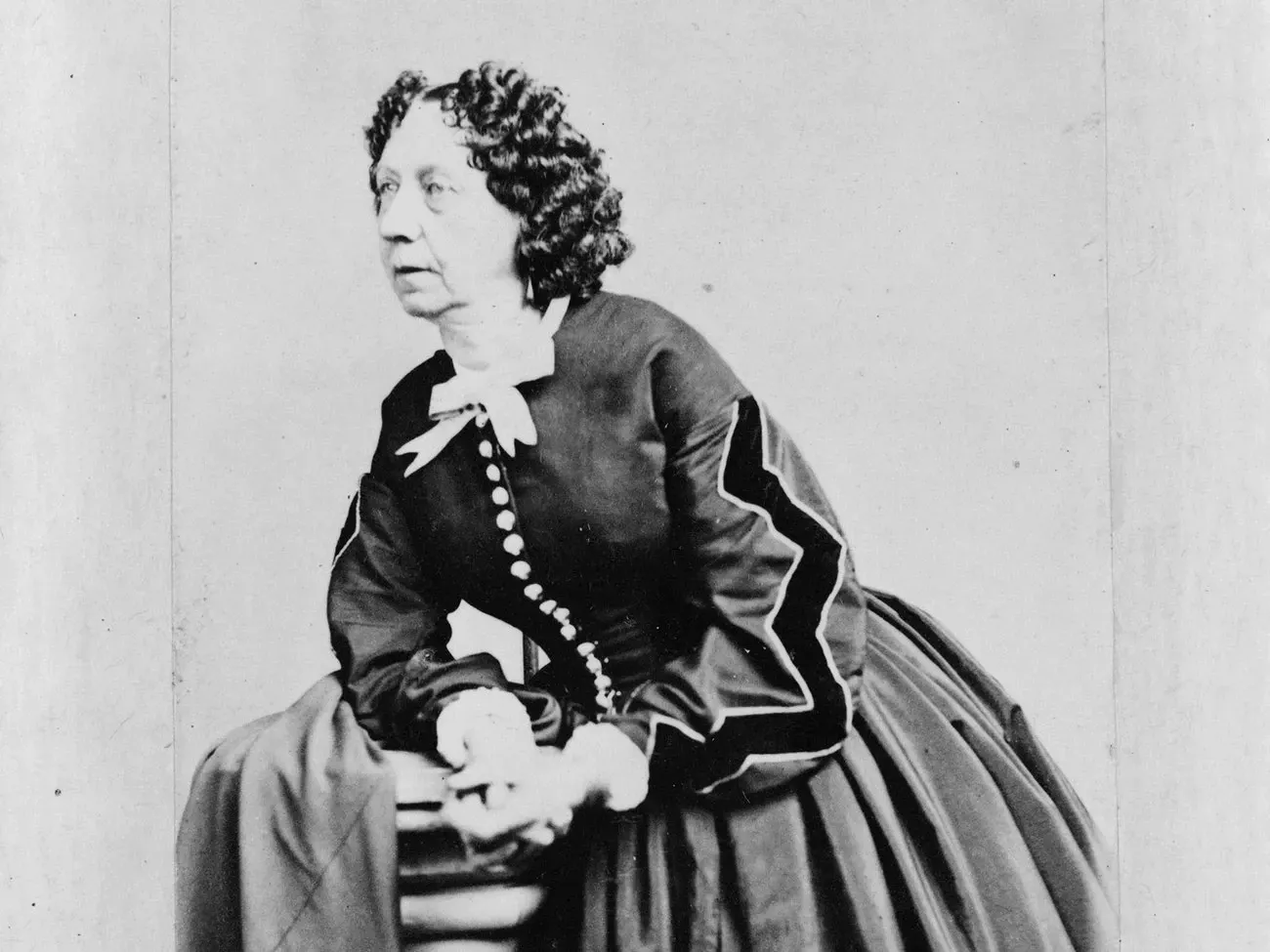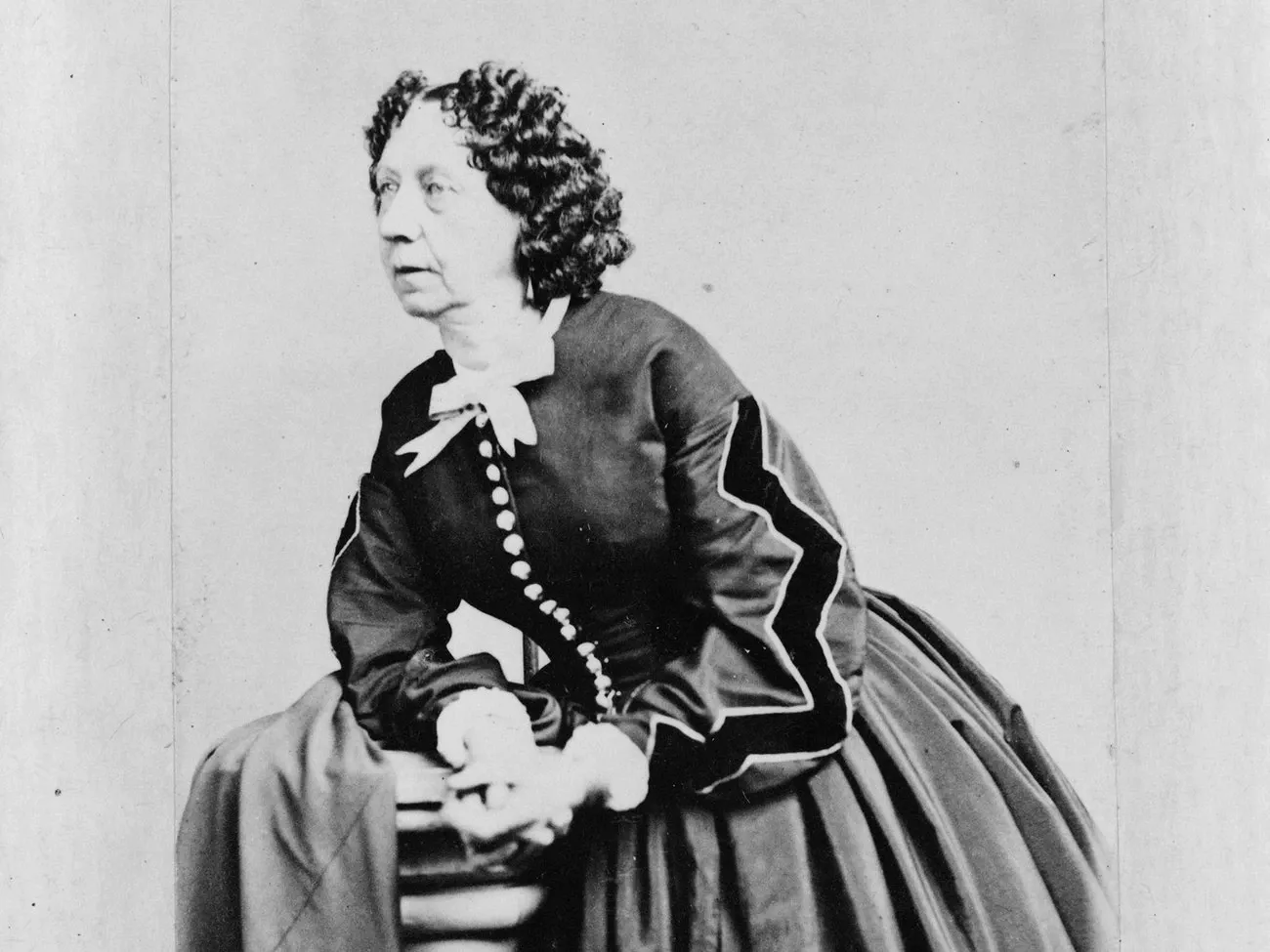Suffrage essay winner! The damned mob is coming for your words.

“America is now wholly given over to a damned mob of scribbling women, and I should have no chance of success while the public taste is occupied with their trash.” So wrote Nathaniel Hawthorne in an 1855 letter to his publisher, bitter over the success of his female contemporaries while his own work floundered.
Hawthorne isn’t the only butthurt male writer railing against the words of women. V. S. Naipaul claims that female writers “wallow in sentimentality,” and Mark Twain threatened to “dig [Austen] up and beat her over the skull with her own shin-bone.” Norman Mailer waxed poetic that, “The sniffs I get from the ink of the women are always fey, old-hat, Quaintsy-Goysy, tiny, too dykily psychotic, crippled, creepish, fashionable, frigid, out-baroque, maquillé in mannequin’s whimsy, or else bright and stillborn.” I can practically see the spittle flying.
Calls for better representation are often brushed aside under the guise of ‘literary merit’.
If you think these opinions are the quaint outpourings of a few dead misogynists, you’d be wrong. This idea that women don’t write stories of substance pervades the publishing industry today, despite the fact that we dominate it. We create the majority of popular fiction, and we’ve made a decent dent in literary fiction as well. A US study reveals that the publishing industry itself is 78% female, but the vast majority of executive positions in major houses and reviewing publications are held by white men. These are the people who make decisions about the books to be published, promoted, reviewed, and put forward for awards.
Calls for better representation are often brushed aside under the guise of ‘literary merit’. Peter Stothard, editor of The Times literary supplement, claims he won’t make a fetish for equal representation, which might explain why his publication has one of the worst records of reviewing female writers.
I guess I’ll just have to keep on funding my scribbles the old fashioned way – by selling them to readers who want to enjoy them.
These attitudes saturate popular media. Despite the fact that Fabio hasn’t appeared on a book cover for over thirty years, romance novels are still referred to as “those Fabio books.” That’s if they’re not being called “Mommy porn” for desperate housewives, (because the stories and fantasies of women deserve only to be patronised and belittled). One student in my recent writing class loudly suggested I write a “real” book. Perhaps he believed the 22 novels I’ve published contained my grocery list printed over and over?
Despite the fact I’m a full time working arts practitioner and award-winning author, I’ve never been reviewed in a fancy publication, nor received any funding for my work. I guess I’ll just have to keep on funding my scribbles the old fashioned way – by selling them to readers who want to enjoy them. There I believe lies the crux of the issue. All this hostility and vitriol levelled at us scribbling women bears the tinge of envy. Women writers have stormed the gates of the publishing industry in increasing numbers since the success of Jane Austen, and we’ve been consistently outselling the men. Is it a great global conspiracy to deprive the world of important literature, or could it be... shock horror... that we write books people actually want to read?

Fanny Fern (1811 - 1872) was a columnist and novelist who raised society eyebrows by broaching practical subjects of interest to women. Her matter-of-fact treatment of fashion, children, husbands and annoying relatives earned her the scorn of the critical establishment, and also the highest columnist fees in America at the time. Photo source: Library of Congress.
We may not have the love of the critics. We may be derided by the liberati and ignored by the funding committees, but our words reach millions of readers worldwide.
Despite every effort to silence us, our words have power.
Words are more than beautiful inky flourishes to be stuck on a shelf and admired. The stories we tell ourselves hold a mirror up to the world. Words contextualise resistance, they provide comfort and friendship and they hurt and they heal.
Our words have power. I’m proud to be a member of the damned mob.
Without words, I would not have the right to vote. Words and stories played a key role in the suffrage movement. Meri Te Tai Mangakāhia addressed the Māori parliament in a remarkable speech in 1893, asking for women to be allowed to vote for and become members of that body. The text of a leaflet published by the Women’s Christian Temperance Union in 1888 echoes our modern Buzzfeed listicles with 10 Reasons why the women of New Zealand should vote. My favourite reason; “Because the presence of women at the polling-booth would have a refining and purifying effect.”
In her appeal to the men of New Zealand, Mary Ann Müller even gives a nod to Nathaniel and his ilk. “The women read the Hansard as well as our Punch and Cornhill, though perhaps – magna est veritas – we do skip the figures sometimes.”
31,872 women signed Kate Sheppard's third petition for suffrage – nearly a quarter of all adult women in the country at the time. As a direct result of this petition, the 1893 Electoral Bill was passed, granting women the vote.
Our words have power.
I’m proud to be a member of the damned mob. I tell stories about women who command their power, who demand what they want, who are fierce, intelligent, proud, and passionate. I tell stories about the women I wish I knew, and the women whom I have the honour of calling my friends.
125 years later, the words of women brighten lives and change the world every day. We still have a long way to go, but as long as we keep scribbling, keep fighting, keep being fey and creepish and maquillé, we’ll keep telling the stories that matter.
Because our words have power.